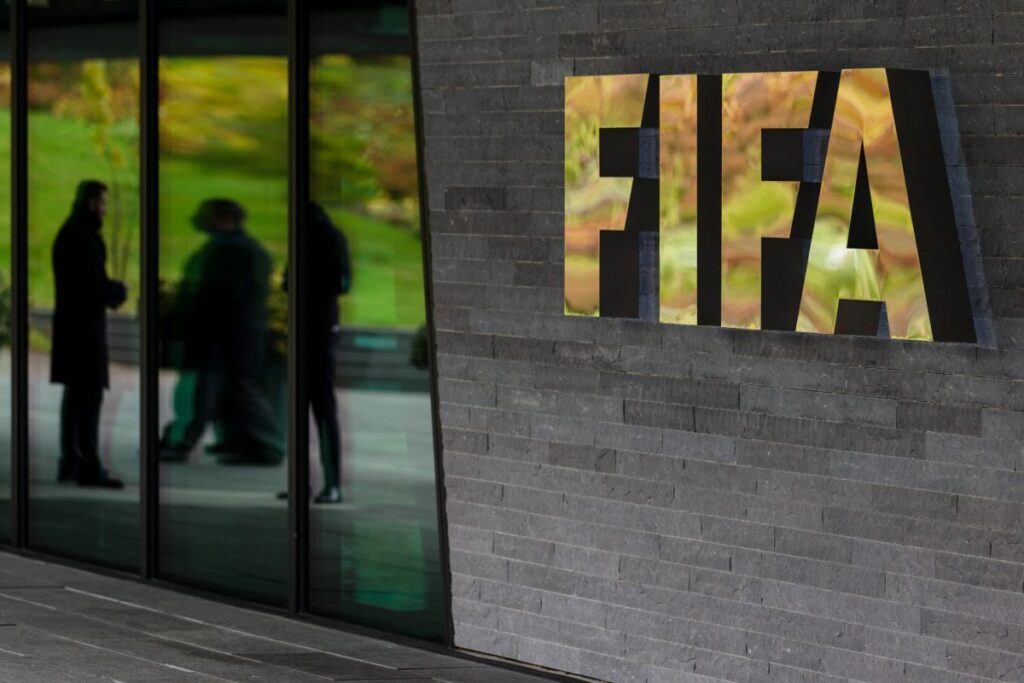| Updated:

The long-running conflict between Fifa and football agents over rules which seek to cap their commission payments will move a step closer to conclusion in the next few days.
Football’s world governing body has, perhaps inevitably, received a huge backlash from agents who have sought to challenge their legality – and succeeded in having some of the more stringent articles suspended until a definitive verdict from the European courts.
On Thursday 15 May, an Advocate General of the European Court of Justice is due to publish a formal opinion on two cases referred to it by German courts, both concerning the Fifa Football Agent Regulations (FFAR).
Like all AG opinions, it is not binding but should offer an indication on whether the ECJ is likely to endorse the new regulatory framework – or throw it out for being anti-competitive.
“Clearly, even though it is only an opinion rather than the final judgment of the court, this will still be hugely significant,” Ben Lasserson, a partner at Mishcon de Reya, told City AM.
“If the court ultimately concludes that the FFAR are in breach of competition law, this would be a body blow to Fifa and could mean Fifa and the national football governing bodies would need to ‘rip up the rulebook’ and replace the FFAR with new rules that are compliant with EU law.
“Conversely, if the FFAR are found to be lawful, it is almost certain that football agents will continue to seek to challenge them albeit on different grounds.
“Given that the court judgment will almost certainly not be published ahead of the upcoming summer transfer window, the FFAR will in any event continue to apply over that period.”
Fifa has been grappling with a way to rein in the sums commanded by football agents for several years, with its president Gianni Infantino criticising the “huge amount of money flowing out of the football industry” as far back as 2018.
It finally announced the FFAR in December 2022 and introduced them the following September, although by then legal challenges were already under way – not least in England, where agents forced the Football Association to suspend the cap on fees.
“The key competition law point is whether Fifa, as the world football association, has essentially ‘overreached’ with the FFAR by seeking to control the economic behaviours on the market for football agents,” added Lasserson.
“In other words, has Fifa strayed beyond the remit of its role as a football governing body and unfairly imposed anti-competitive controls over third parties (agents are not themselves Fifa members).
“It is possible that the Advocate General might conclude that the FFAR are anti-competitive but that they fall within the so-called ‘sporting governance exception’ and so can still be valid.
“There are a number of ways to interpret this exception, but it is basically about whether there is a sufficiently close link between football agents’ activities and Fifa’s core role in organising and regulating the international football competition.
“If there is such a close link, then the FFAR would fall within an exception to the EU competition law prohibitions. On the other hand, the Advocate General might conclude that this exception does not apply as the FFAR go too far beyond Fifa core role. If so, then the FFAR could be found to be in breach of EU competition law and therefore invalid.”
The ECJ judgement is not expected to come before the summer, meaning the existing version of the rules will apply to agents during the coming transfer window at least.
Sports governing bodies have found themselves susceptible to legal challenges on the basis of European competition law, including Fifa itself, which has been forced to revise its transfer regulations after losing the landmark Diarra case last year.
With the future economics of a multi-billion-pound industry at stake, “the football world will be watching very closely”, says Lasserson.
He added: “If the FFAR are found to be lawful, it is almost certain that football agents will continue to seek to challenge them albeit on different grounds.”
